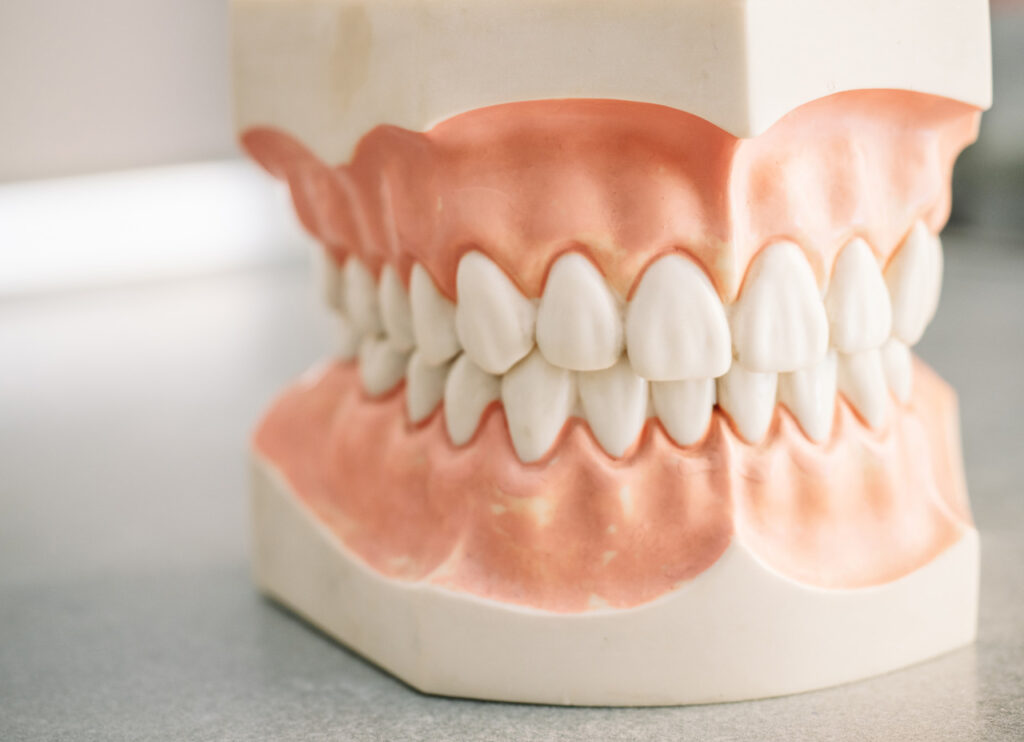At Manti Family Dental, Teeth aren’t just the white pearls that grace our smiles; they also serve as tools designed by nature for a variety of crucial functions. From the incisors that neatly slice into a crunchy apple to the molars that grind down a hearty meal, each type of tooth plays a specific role in our oral health and overall well-being.
In this article, we’ll discuss the different types of teeth, their unique functions, and the importance of maintaining dental health for a healthy and happy life.
The Different Types of Teeth and Their Functions
Understanding the anatomy and functions of different types of teeth is essential for maintaining optimal oral health. Each type of tooth serves a specific purpose in the chewing process, contributing to effective digestion and your overall well-being.
- Incisors: Incisors are sharp, chisel-shaped teeth located at the front and center of the dental arch. Positioned for cutting and biting, incisors play a crucial role in the initial stages of food breakdown, as they break it down into smaller, more manageable pieces.
- Canines: Canines, also known as cuspids, are pointed teeth situated next to the incisors. Their pointed shape and sturdy structure make them well-suited for tearing and gripping food during the chewing process, which facilitates effective mastication.
- Premolars: Premolars are flattened teeth positioned between the canines and molars. Equipped with multiple cusps on their biting surface, premolars are instrumental in grinding and crushing food into finer particles, which aids in the digestion process.
- Molars: Molars are the largest and flattest teeth located at the back of the mouth. Their broad, ridged surfaces are specifically designed for grinding and chewing food thoroughly, ensuring optimal digestion and nutrient absorption before swallowing.
- Wisdom Teeth: Wisdom teeth, also known as third molars, typically emerge in the late teens or early twenties. Historically, these teeth served a purpose in chewing coarse foods. However, with changes in dietary habits, wisdom teeth have become largely obsolete and can often cause issues such as impaction or overcrowding. Consequently, they may require removal to prevent dental complications and maintain oral health.
Maintaining Healthy Teeth
Now that we’ve reviewed the different types of teeth, what’s the best way to take care of them?
Proper Oral Hygiene
Maintaining proper oral hygiene is paramount for healthy teeth and gums. This includes brushing teeth at least twice a day with fluoride toothpaste to remove plaque and food particles, so that you can prevent decay and gum disease.
Brushing Techniques
Using the correct brushing technique, such as gentle circular motions and reaching all tooth surfaces, ensures thorough cleaning and prevents plaque buildup. Additionally, using a soft-bristled toothbrush helps protect the tooth enamel and gums from damage.
Regular Dental Check-ups
Regular visits to the dentist for professional cleanings and oral examinations are essential for maintaining optimal dental health. Dentists can detect early signs of dental issues, provide preventive care, and offer personalized recommendations for oral hygiene practices.
Early Detection of Issues:
Early detection of dental problems is key to maintaining optimal oral health. Here are some common dental issues to watch out for and how early detection can make a difference:
- Cavities: Regular dental check-ups allow dentists to spot cavities in their early stages. Addressing cavities promptly with treatments like fillings or dental sealants prevents decay from progressing and causing more extensive damage to the tooth.
- Gum Disease: Gum disease, also known as periodontal disease, often starts with subtle symptoms like swollen or bleeding gums. Early detection during routine dental exams enables early intervention through professional cleanings, scaling, and root planing, preventing the condition from advancing to more severe stages that can lead to tooth loss.
- Tooth Decay: Tooth decay, characterized by the breakdown of tooth enamel, can be detected early through dental exams and X-rays. Prompt treatment with fillings or dental bonding helps restore the affected teeth and prevents decay from spreading further.
The Importance of Different Types of Teeth in Dental Health:
Understanding the unique functions of different types of teeth is crucial for maintaining optimal dental health and overall well-being. By adopting proper oral hygiene practices and seeking regular dental care, individuals can preserve the health and functionality of their teeth for a lifetime of smiles.


